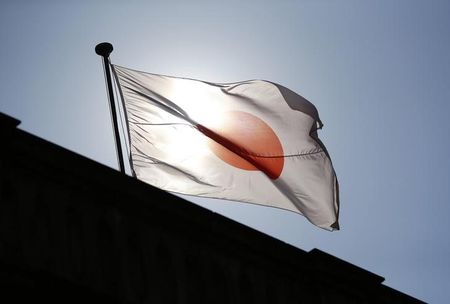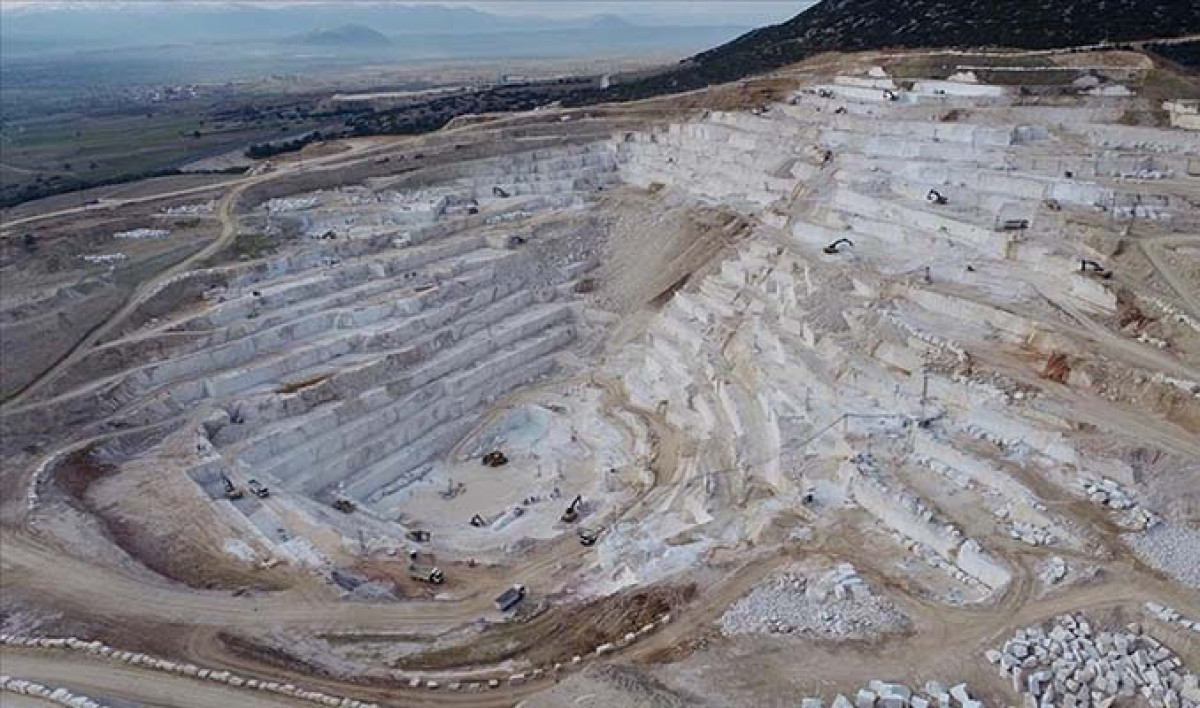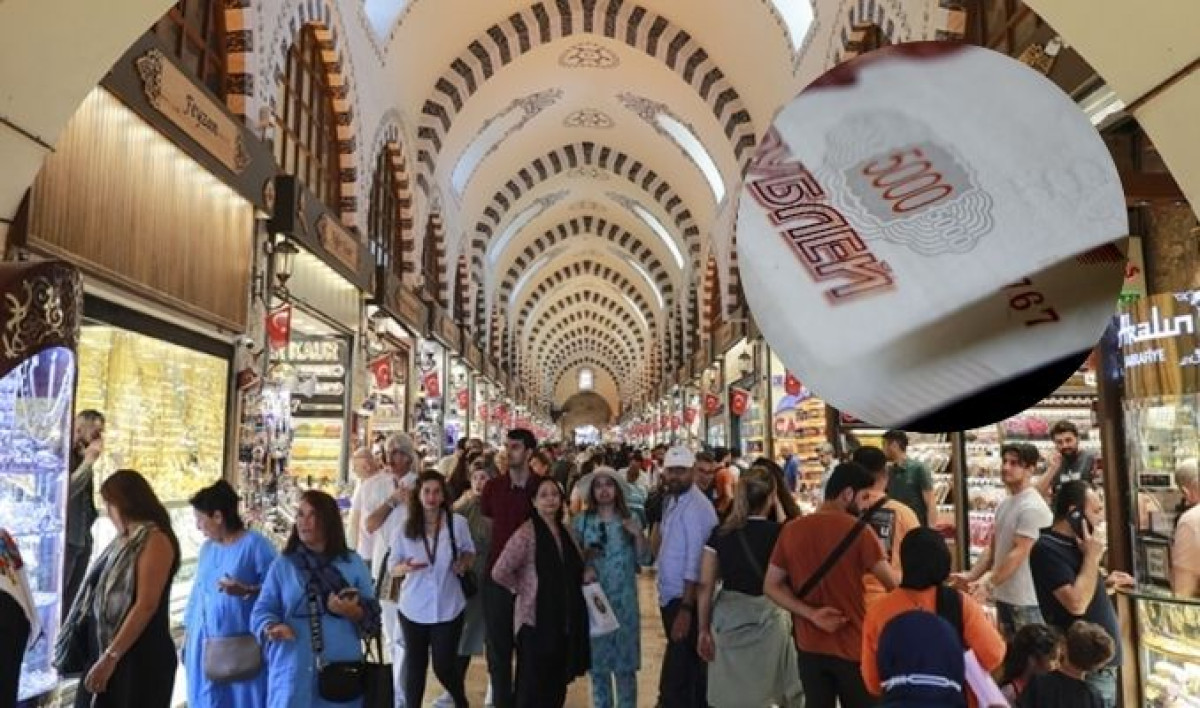Investing.com - U.S. Commerce Secretary Howard Lutnick has announced that Japan will make a public statement this week on Japan's $550 billion investment package for the United States. Lutnick's statement followed news that a high-level trade delegation from Japan would visit Washington to formalize the package.
Minister Lutnick said that the funds provided by Japan could be used to increase production capacity in the United States in strategic areas such as semiconductors, antibiotics and rare earth elements. An agreement reached in July between Washington and Tokyo agreed to reduce tariffs imposed by the United States on Japanese imports by 15% in exchange for this investment package from Japan. However, the parties have not yet provided clear information to the public on the details of the agreement.
Trump's emphasis on “invest as we want”
In his assessment of the Japanese investment package, US President Donald Trump described the package as “money that we can invest as we wish.” Trump's words made clear the US position on using these investments in strategic sectors of its own choosing.
Japanese officials, on the other hand, announced that investments should be evaluated in a way that contributes not only to the United States but also to the Japanese economy. This statement shows that the Tokyo government will not take a one-sided approach to investment decisions and will continue to seek mutual benefits.
Cautious statement from Japanese negotiator Akazawa
Ryosei Akazawa, one of the Tokyo government's top trade negotiators, will pay a visit to the United States later this week to formalize the investment deal, Japanese broadcaster FNN reported Monday. It is envisaged that this visit will be an important step in the process of materializing the agreement between the parties.
However, Akazawa said at his regular press conference on Tuesday that the visit to the US side had not yet been clarified. The Japanese official, who declined to comment on Lutnick's remarks, said that Tokyo would continue to press for a reduction in U.S. tariffs on Japanese goods.
There is a disagreement about the written agreement
According to a report in the Nikkei newspaper, the US side continues to insist that Japan accept a written agreement on its investment plans. But the Japanese authorities want to keep this investment package in a format with less legal binding. This approach shows that Tokyo prioritizes flexibility in deals with high financial commitments.
While the US administration is seeking written assurances to be able to freely use Japan's proposed investments in strategic sectors, the Japanese side prefers a looser formulation of a memorandum of understanding in order to be prepared for possible political and economic changes. This difference in approach between the parties can play a critical role in the way the investment is implemented.
Clarity on tariff exemption
One of the uncertainties surrounding investment plans in Japan was the expected U.S. tariffs on Japanese goods. The lack of an official document on this issue in Tokyo did not make it clear to what extent the proposed tariff reduction would be applied in exchange for the investment package.
But U.S. Commerce Secretary Howard Lutnick and U.S. Treasury Secretary Scott Bessent announced earlier this month that goods from Japan would be exempt from overlapping taxes. It was also noted that a previously issued presidential decree will be amended in this direction. Thus, the uncertainty regarding the tariff reductions demanded by the Japanese side for a long time was largely eliminated.
Japan worried about currency fluctuations
Japanese Finance Minister Katsunobu Kato said they were concerned about fluctuations in foreign exchange markets after US President Donald Trump dismissed Fed board member Lisa Cook. Following this development, the Japanese yen appreciated against the dollar.
Minister Kato said at a press conference that he would refrain from commenting on currency levels in general and the internal functioning of foreign countries. However, he noted that the Japanese government continues to closely monitor exchange rate fluctuations, especially caused by speculative movements, and it is important to maintain stability in the markets.
South Korea reaches $350 billion non-binding agreement with the United States
Along with these developments, South Korea signed a non-binding memorandum of understanding on a $350 billion financial package with the United States aimed at promoting cooperation in strategic sectors. The plan, announced by South Korean President Kim Yong-beom, economic policy adviser, is seen as a step towards implementing the trade agreement, which was decided in July.
The funding package aims to launch joint projects between the two countries in areas such as energy, critical minerals, battery production, semiconductors, pharmaceuticals, artificial intelligence and quantum computing. It was also reported that a working group, including the South Korean Ministry of Finance, would be formed to consult on the detailed implementation phases of the investment.
⚖️ Yasal Uyarı:Bu içerik yatırım tavsiyesi niteliği taşımaz. Yatırımlarınızla ilgili kararlarınızı kendi araştırmalarınız ve risk profilinize göre almanız önerilir.
Giant on the Washington-Tokyo line




















.png)